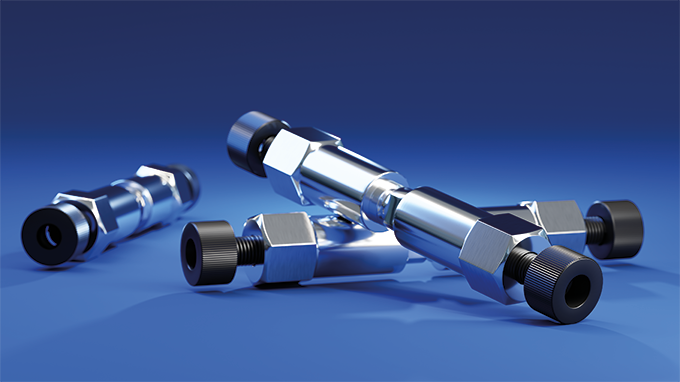
Enzyme columns
AffiPro offers a set of five different types of acidic protease columns for on-line digestion with different cleavage preferences.
Enzyme columns
The highly anticipated HDX meeting in Monterey is quickly approaching! We can’t wait to see you there in April.
Join us at booth 326 during the upcoming ASMS 2024 meeting in Anaheim! We look forward to welcoming you.
AffiPro will be participating as a sponsor at the Clinical & Translational Omics Symposium on November 4th and 5th, 2023, in Protaras, Cyprus.
AffiPro is launching a new column hardware for Waters systems. As a benefit of co-marketing agreement with Waters, we are launching new series of our columns that have compatible fittings with Waters threads and 2.1x20mm dimensions. This new product line will be available in combination with all AffiPro enzymatic stationary phases. It is a useful addition to our currently available generic 2.1x20mm and 1.0x20mm hardware for customers who use chiefly Waters systems.